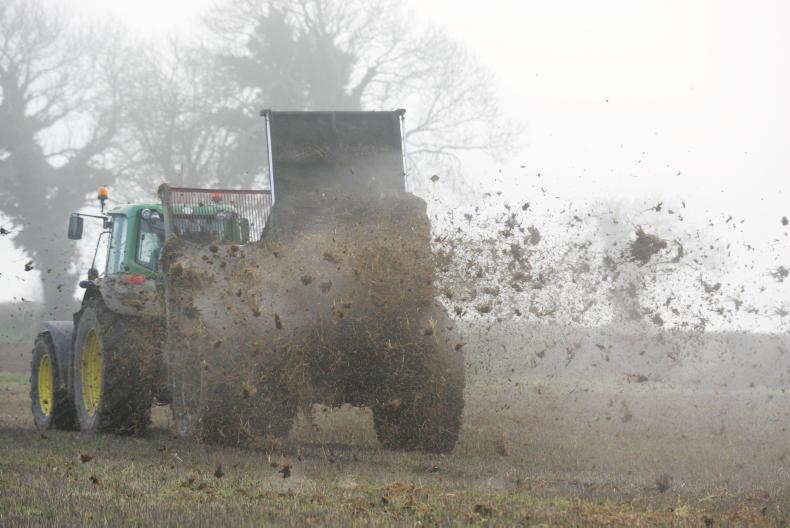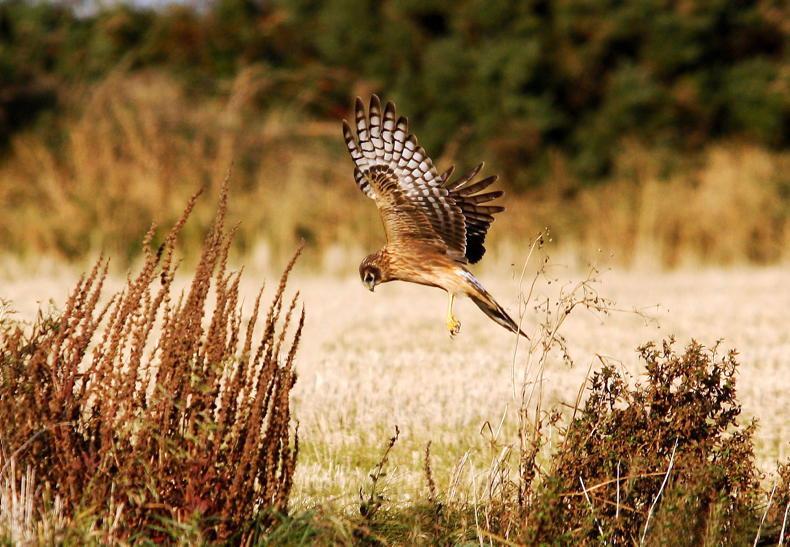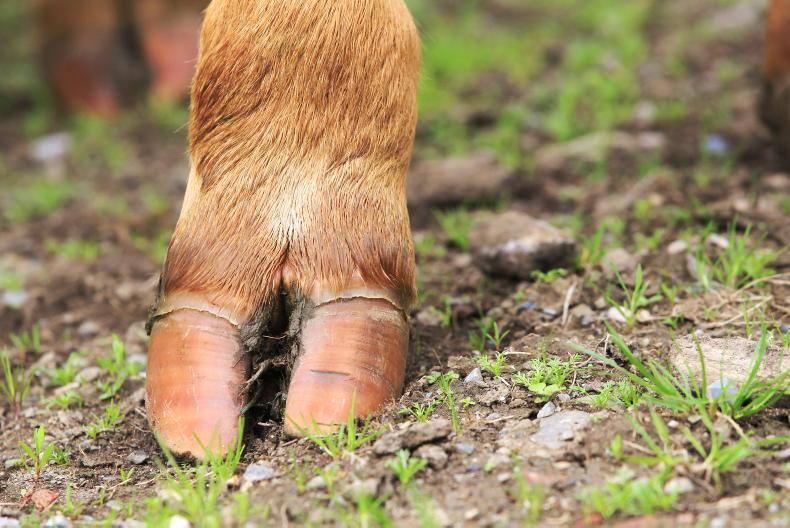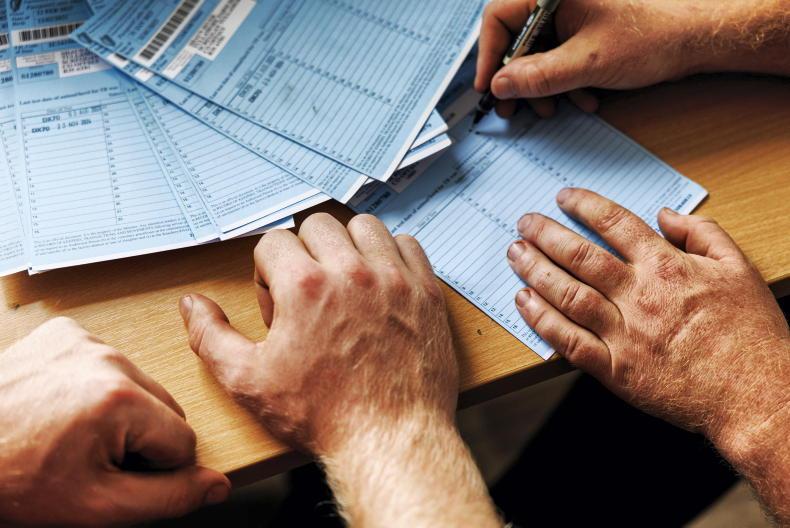What is the mood of UK farmers?
With the decrease in profits across most sectors and ongoing changes – politically and in the form of Government subsidies – buyers and sellers are sitting on their hands.
What are the biggest challenges for UK landowners?
Coping with the delayed subsidy payment arising from the transition from the Single Farm Payment to the Basic Payment Scheme. Other challenges include poor commodity prices, inconsistent weather, and political uncertainty (a Scottish referendum in 2014, a general election in 2015 and an EU referendum in 2016).
What is the trend of the volume of land being sold in the UK?
Supply in the UK remains low compared with the turn of the century, especially for good-quality blocks of land, or complete farms. Tax advantages, poor returns from more traditional forms of investment and demand from neighbouring farmers to rent or contract farm the land, are encouraging those who are thinking about selling (usually due to retirement) to sit tight and enjoy the benefits of living in the home where they have spent most of their years.
How have land prices changed over the past year in the UK?
Average land values are back between 5% and 10% in the last year depending on the area.
What is driving the fall in land prices?
Confidence from farmers, along with indecision following the Brexit vote, is hampering prices for pure agricultural investment. Profitability, and therefore the ability to service debt, is a concern.
Who is buying the land?
In Scotland, English buyers have been particularly active due to the widening price gap between Scottish and English land prices. Buyers from Ireland and Northern Ireland have also been active with 60% of the farms sold by Strutt & Parker in Scotland in 2015 bought by outside buyers.
With the return on land so low why are investors interested in land?
Investors are looking to take advantage of the existing tax benefits of owning farmland and are attracted to it being a safe asset away from the turbulent financial markets.
If the Bank of England cuts interest rates, what affect will this have on the land market?
A reduction in the base rate can only be minimal and so I would not envisage significant change in land values.
What is the effect of a weaker sterling?
The weakening of sterling is making UK estates look more attractive to buyers from outside the UK. International buyers are keen to invest in the UK as it is often perceived that owning an asset in the UK is more secure than investing in other more fraught countries.
What is your future outlook for the UK land market?
Buyers are becoming more selective with quality and scale attracting most interest. Supply is likely to increase, but steadily rather than spike, and only once rental demand reduces, interest rates rise or alternative investment options improve.










SHARING OPTIONS